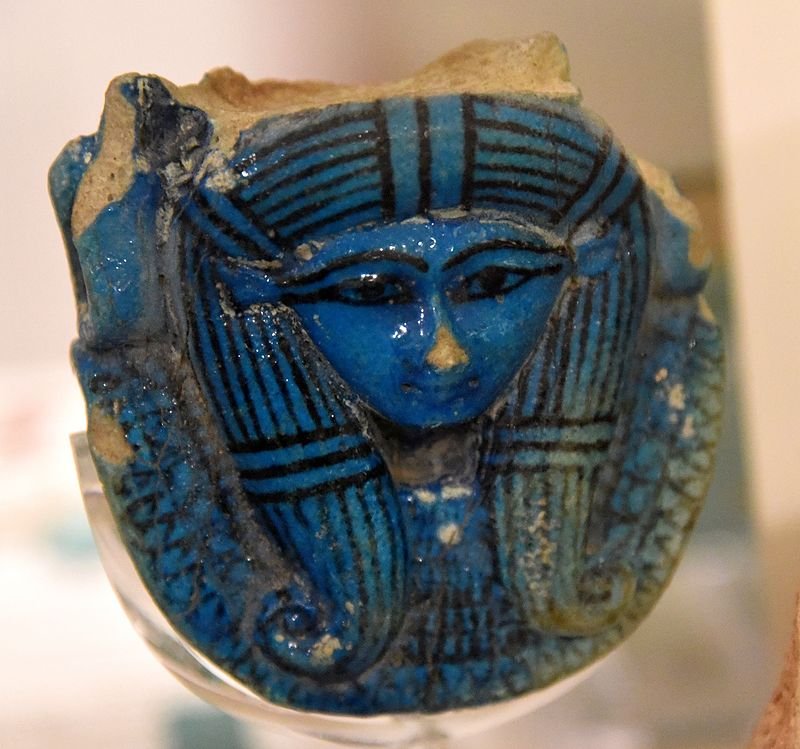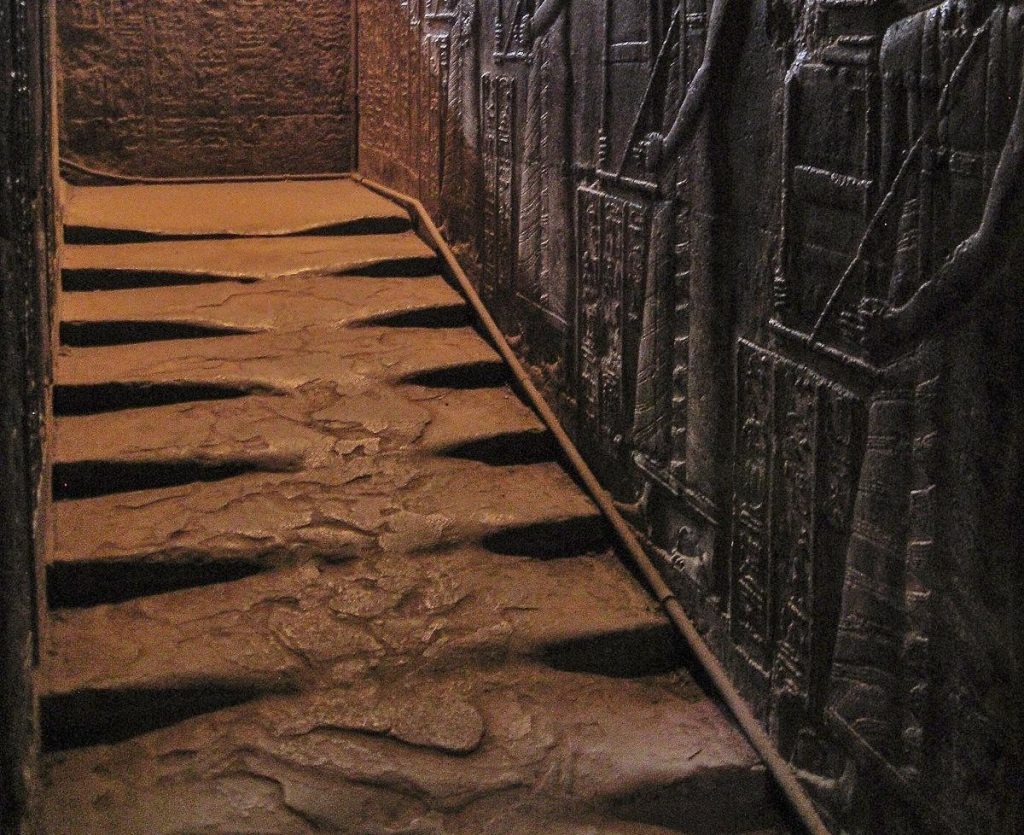MessageToEagle.com – Dedicated to one of the most famous deities of ancient Egypt, the magnificent temple of Goddess Hathor is the largest and most impressive building in the Denderah temple complex.
It is one of the best-preserved temples in all Egypt and it has been modified several times starting as far back as the Middle Kingdom (between 2030 and 1650 BC.).
Goddess Hathor Was One Of The Most Popular Goddesses In Ancient Egypt
Hathor was a goddess who personified the principles of joy, feminine love, and motherhood. She was known as “the Great One of Many Names” and her titles and attributes are so numerous that she was important in every area of the life and death of the ancient Egyptians.

She was a sky goddess, known as “Lady of Stars” and “Sovereign of Stars” and linked to Sirius (and so the goddesses Sopdet and Isis). Her birthday was celebrated on the day that Sirius first rose in the sky By the Ptolemaic period, she was known as the goddess of Hethara, the third month of the Egyptian calendar.
Goddess Hathor was also associated with Sistrum, a magical and sacred ancient Egyptian musical instrument.
Inside the Temple of Hathor there is a large and small Hypostyle Hall, laboratory, storage magazine, offering entry, several shrines and many ancient depictions of Cleopatra VI, an Egyptian Ptolemaic queen.
See also:
How The Hyksos Invasion Of Ancient Egypt Changed History
Tomb Of Senenmut And Earliest Known Star Map In Ancient Egypt
Abydos: One Of The Most Important Cities Of Ancient Egypt
Damage To The Western Staircase Inside The Temple Of Hathor
Two staircases, one on the west and one on the east, lead to the roof terrace from the first antechamber.
During the festival of the New Year the ba of Hathor would emerge from the crypt beneath the temple and be carried up the western staircase to the roof to a kiosk in the southwest corner so that she could await the first light of the dawn of the New Year and symbolically merge with the Sun.
Once the goddess had merged with the Sun she was carried back down the staircase on the eastern side of the temple before returning to the crypt. The priests would ascend by the western staircase and descend by the eastern staircase.
The western staircase leading to the roof of the Temple of the Goddess Hathor, is decorated with beautiful images of the pharaoh, his priests and the goddess.
The staircase is in bad condition and it almost looks like someone dropped a bucket of cement down the steps. What cause the damage to the stairs? Could the explanation be that the stairs have been exposed to natural elements like water and air for thousands of years? Are the stairs simply worn because of old age?
Can tourists be blamed or did something else happen inside the Temple of Hathor?
Copyright © MessageToEagle.com All rights reserved. This material may not be published, broadcast, rewritten or redistributed in whole or part without the express written permission of MessageToEagle.com
Expand for references






